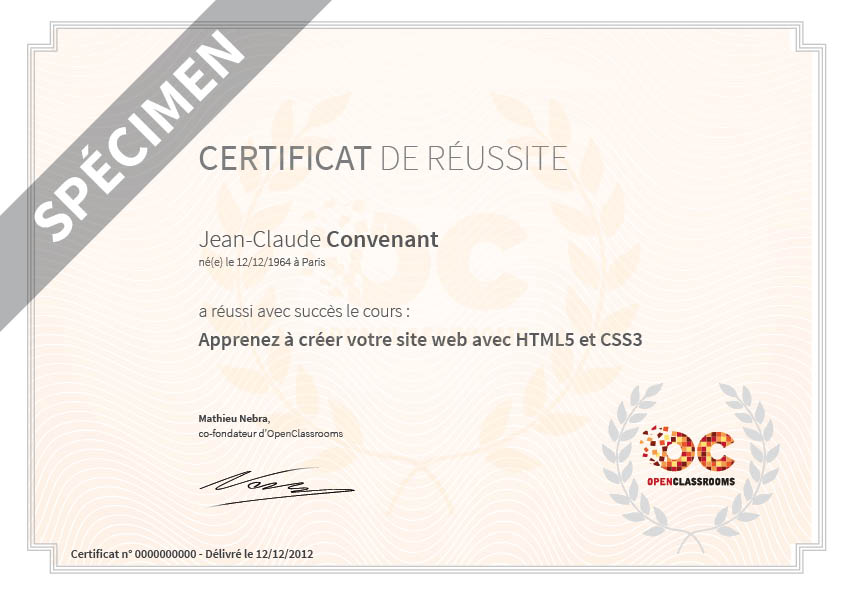Recognize the Role of Assessment in Learning
You’ve made it to the last, but not least, chapter of this course: assessment.
For some people, this is a source of stress and anxiety. For others, it's an opportunity to receive feedback. In all cases, it’s a moment of truth. As a super-learner, you should welcome this stage with open arms to maximize your progress.
Without assessment, it will be difficult for you to determine whether or not you have progressed as much as you want. For this reason, don't wait for a final exam to evaluate yourself. Assess yourself continuously, as much as possible and in conditions that are as realistic as possible.
I suggest that you distinguish two types of assessment:
Formal assessments, conducted by third parties who are as objective and impartial as possible.
Informal assessments, which are more subjective since they’re conducted by people you know or even yourself. These assessments are much easier to set up, but they are, certainly, a bit less reliable. As you will see, in spite of that, they are far from being useless.
Assess Yourself
One thing that separates the good learners from the excellent ones is their ability to self-assess and set corrective actions.
Remember this well: Assessment is a sort of hygiene routine for learning.
In the same way that you brush your teeth morning and evening, start and finish each day with a self-assessment in your learning journal, even if it only takes five minutes. At the end of the week, as though you are doing your housework, take 30 minutes for a deeper self-reflection. Next, adapt your learning plan to fit it.
How can I conduct my own self-assessment?
Set challenges. List tasks that are challenging but realistic. Next, face reality: were you capable of performing and, thus, validating that task?
When you adopt permanent self-assessment, all practice becomes a form of assessment, and all assessment becomes a form of practice.
Have Yourself Assessed by a Third Party
Once you have completed a training process and conducted a self-assessment, it’s helpful to ask someone else to evaluate you. It may be an informal evaluation by a person you consider an expert in the skill or a formal assessment by a professional evaluator. A formal evaluation can certify your level. If you receive a certificate or diploma, it can be a reliable index that a recruiter can use to judge your level without knowing you.
A Final Few Words
You are now able to:
Adopt a mindset that encourages learning
Define your learning strategy
Create your personalized learning plan
To jump-start your application of accelerated learning techniques, be sure to participate in the peer-assessed activity that follows this final chapter.
Before leaving you, I would like to take the time to thank you for your attention. I have had great pleasure in passing on my enthusiasm to you. I have also learned a lot while designing this course.
Also, if you have enjoyed this course, share it with those around you to enlarge the community of super self-directed learners.
The adventure is just beginning.
I wish you enjoyable and successful learning.

